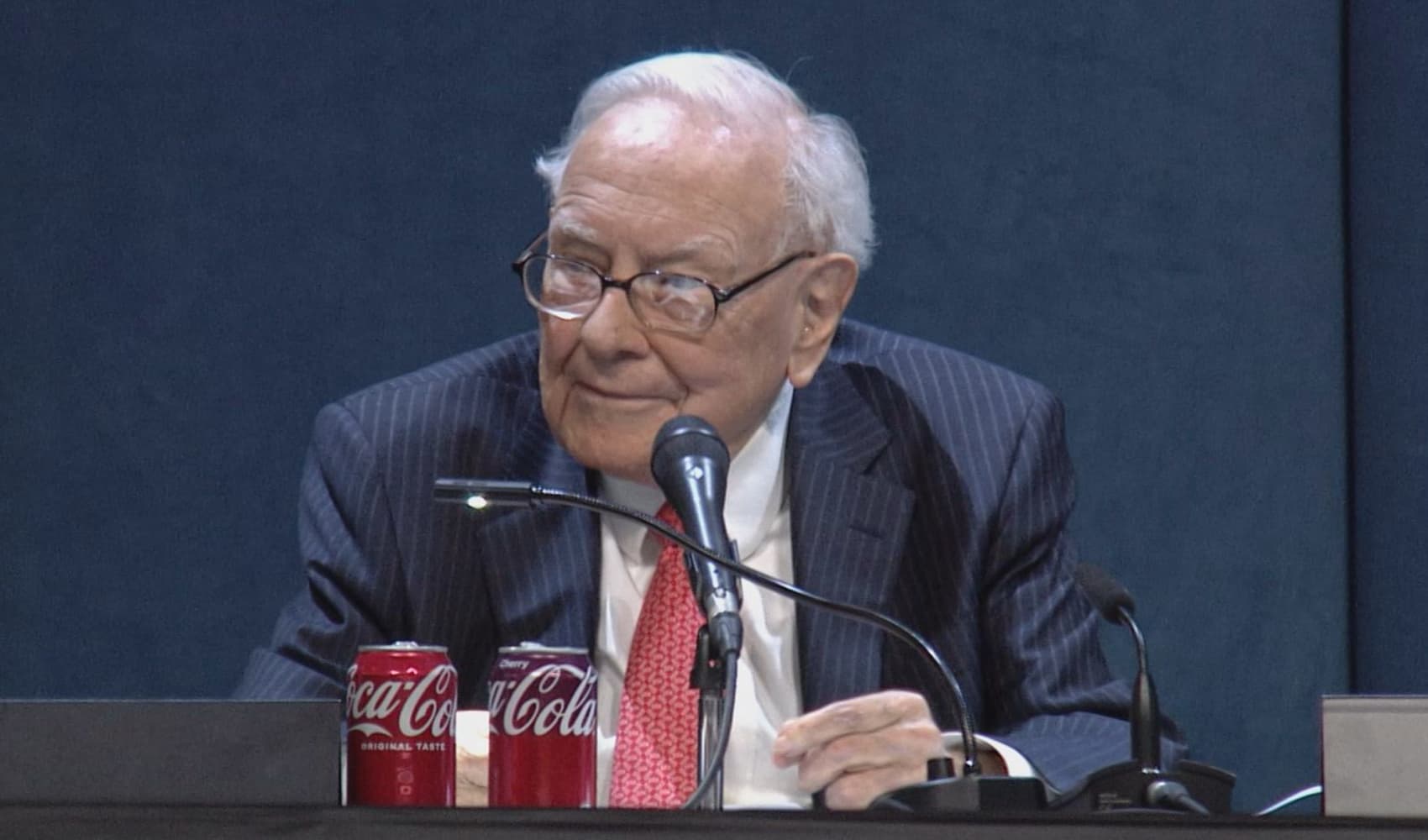Tesla CEO Drama: Musk Replacement Denied, What's Next?
Tesla CEO Drama: Musk Stays Put – For Now!
Introduction: Did Tesla Just Dodge a Bullet?
The rumor mill went into overdrive recently with whispers suggesting Tesla's board was actively seeking a replacement for its iconic, and often controversial, CEO, Elon Musk. Imagine the chaos! It’s like hearing that Apple might be getting rid of the Apple logo. Unthinkable, right? Well, the Wall Street Journal stirred the pot with a report indicating just that. But hold on – Tesla is pushing back. Hard.
The question on everyone's mind: is Elon Musk staying, or is he going? Let's dive into what's happening, the market reaction, and what this all means for the future of Tesla.
Tesla's Firm Denial: "Absolutely False!"
Tesla wasted no time in squashing the rumors. In a direct and definitive statement, Tesla chair Robyn Denholm took to social media platform X (formerly Twitter, of course) to declare the report "absolutely false." That's about as clear as you can get, isn’t it? No ambiguity there.
Decoding the Denial: What Does It Really Mean?
But denials, especially in the corporate world, are often nuanced. Does "absolutely false" mean there was no search at all? Or does it mean the search wasn't as extensive or serious as the WSJ report implied? We'll delve into the possible interpretations later.
Market Reaction: A Brief Dip, Then Steady as She Goes
News travels fast, especially when it involves a company as prominent as Tesla and a figure as polarizing as Elon Musk. The initial reaction in the market was a predictable dip. Shares of Tesla fell as much as 3% on Robinhood overnight. Think of it as a brief shudder as investors took in the shock of the potential change.
Premarket Trading: Calming the Waters
However, the market quickly seemed to shrug off the news, or perhaps breathe a sigh of relief. Premarket trading saw Tesla shares level out, indicating a return to stability. It's like the market was saying, "Okay, crisis averted... for now."
The Wall Street Journal Report: What Did It Claim?
Let's rewind and examine the source of all this turmoil: the Wall Street Journal report. This report, citing unnamed sources familiar with the matter, claimed that Tesla board members had reached out to several executive search firms to initiate a formal process.
Executive Search Firms: The Silent Players
These firms are typically brought in to find potential candidates for high-level positions. If Tesla *was* considering a replacement for Musk, engaging executive search firms would be a logical step. The report suggested the board was taking the idea seriously, or at least seriously enough to explore their options.
Elon Musk: The Indispensable CEO?
Is Elon Musk truly irreplaceable? That's the billion-dollar question, isn't it? He's undeniably the face of Tesla, its visionary, and its driving force. He's also a lightning rod for controversy, and his other ventures (SpaceX, X, Neuralink, etc.) often pull him in different directions.
The Risks of an "Elon-Less" Tesla
The idea of Tesla without Musk sends shivers down the spines of many investors. He's so deeply intertwined with the company's identity that his departure could be seen as a major blow. But is the company *too* reliant on one person? That's a key risk factor.
Succession Planning: Every Company Needs a Plan B
Regardless of whether the WSJ report was accurate, the situation highlights the importance of succession planning. Every well-run company needs a plan for who will take over when the current CEO steps down, whether voluntarily or unexpectedly.
Tesla's Succession Plan: A Black Box?
Tesla's succession plan, if it exists, is largely a mystery. Musk has hinted at potential successors in the past, but nothing concrete has ever been announced. This lack of transparency adds to the uncertainty surrounding the company's future.
Musk's Other Ventures: A Distraction or a Strength?
Elon Musk juggles a lot. Besides Tesla, he's deeply involved in SpaceX, X, Neuralink, The Boring Company, and more. Some argue that these other ventures distract him from his duties at Tesla, while others believe they provide valuable cross-pollination of ideas and technologies. Which is it?
The Time Management Challenge
There's only so much time in the day, and Musk's commitments are undeniably vast. Can he effectively lead all these companies simultaneously? That's a legitimate question that shareholders and the board likely consider.
Board Dynamics: Behind Closed Doors
What's really going on within the Tesla board? Who are the key players, and what are their perspectives on Musk's leadership? Understanding the board dynamics is crucial to understanding the company's direction.
Potential Board Dissension: A Possibility?
It's not uncommon for board members to have differing opinions on strategy and leadership. Could there be some level of dissatisfaction with Musk's leadership within the board? It's certainly possible, even if it hasn't reached a point of open revolt.
The Future of Tesla: With or Without Musk?
What does the future hold for Tesla? Will Musk remain at the helm for the long haul, or will he eventually hand over the reins to someone else? The answer to that question will have a profound impact on the company's trajectory.
Navigating the EV Landscape: A Changing Market
The electric vehicle market is becoming increasingly competitive, with established automakers and new entrants vying for market share. Tesla needs strong leadership to navigate this evolving landscape and maintain its competitive edge. Will that be Elon Musk, or someone else?
Investor Confidence: A Delicate Balance
Investor confidence is the lifeblood of any publicly traded company. Tesla's stock price is highly sensitive to news and rumors, particularly those involving Musk. Maintaining investor confidence is crucial for the company's continued success.
The Power of Perception
Perception is reality in the stock market. Whether the WSJ report was accurate or not, it created a perception of uncertainty and instability. Tesla needs to actively manage its image and communicate clearly with investors to maintain their trust.
Conclusion: The Drama Continues
So, where do we stand? Tesla has vehemently denied the report of a CEO search, but the rumors have raised important questions about succession planning, board dynamics, and the company's reliance on Elon Musk. The market briefly wavered but quickly stabilized, suggesting that investors, for now, are willing to trust Tesla's word.
The situation highlights the importance of transparency and communication in maintaining investor confidence. While Tesla has denied the specific claims of the report, the incident serves as a reminder that no leader, no matter how iconic, is truly indispensable. The drama, it seems, is far from over.
Frequently Asked Questions (FAQs)
- Q: Did Tesla's stock price suffer long-term damage from the report?
A: No, the initial dip was quickly recovered in premarket trading, suggesting minimal long-term impact.
- Q: Has Elon Musk commented on the Wall Street Journal report?
A: While Robyn Denholm addressed the issue on X, Elon Musk hasn't directly commented on the WSJ report itself.
- Q: What are the potential consequences if Elon Musk were to leave Tesla?
A: Possible consequences include a decline in stock price, a loss of investor confidence, and uncertainty regarding the company's strategic direction.
- Q: What qualities would a potential successor to Elon Musk need?
A: A successor would need a strong vision for the future of electric vehicles, excellent leadership skills, technological expertise, and the ability to inspire investor confidence.
- Q: How often do companies typically conduct executive succession planning?
A: Best practice dictates that executive succession planning should be an ongoing process, reviewed and updated regularly by the board of directors.


